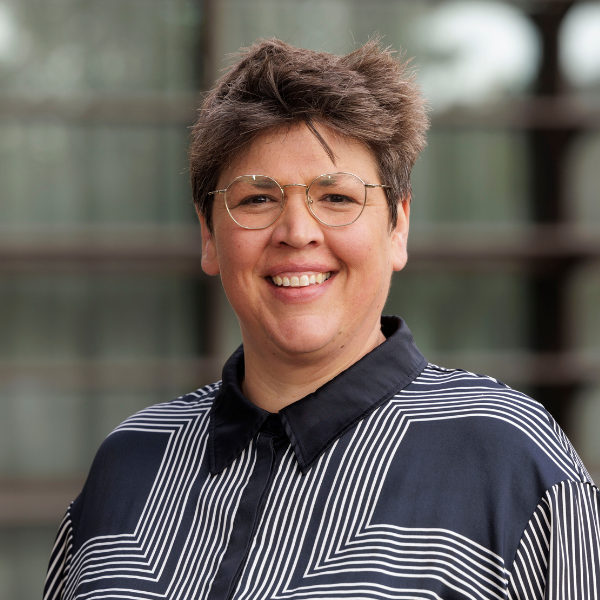
The theme of this year’s World Access to Higher Education Day is ‘Who will be going to university in 2030?’ Undoubtedly, Higher Education (HE) can, and should, have a role to play in educating mature learners. However, we know that the majority of those preparing to go to university for the first time in 2030 are the 8 and 9 year olds of today. We also know that for many of those 8 and 9 year olds, as things currently stand, the advantages and disadvantages they face now are likely to shape their experiences throughout the student lifecycle.
I was first in my family to go to university and grew up in a POLAR 4 quintile 1 area, the lowest of all the HE participation areas. As such, I have spent a lot of time thinking about the course of events that led me to university. What was the moment, or series of moments which meant I went down that path, although it was not an obvious one?
At 9 years old, I’m certain that I didn’t know what a university was. I was on free school meals; I also got a free uniform which is less talked about, but it should be because the material of the trousers was so synthetic I was surprised it didn’t spark as it rubbed together. The free school uniform was so obvious that they may as well have put a red sash on the poor kids.
At 17 when I was doing my A levels a tutor asked if I had been ever tested for dyslexia (yes reader, 17, having already done my GCSEs). I was subsequently tested, received a negative result, and instead my bad spelling was put down to ‘a gap in my learning’ which cannot be filled, a gap which would have been created around the 8/9 year old mark. It makes you think that universities were right about not penalising people for bad spelling, but that is for another time.
We know the pandemic has exacerbated inequalities due to access to tech, and study spaces. According to Anne Longfield, the Children’s Commissioner for England, 700,000 children do not have a laptop or access to broadband. I would have been one of those children. Would that have put me so far behind in my learning that I would never have recovered?
I loved learning, I loved thinking about stuff, I loved solving problems and hearing new ideas. School was an escape from home, I enjoyed it so SO much, but don’t tell the cool kids. Around 14-15 years old I knew two things; I was bright, and I wanted to get out of my home town. University was my option.
With no guidance from my family, and no support from my school I opened the UCAS book (IT WAS A BOOK) and applied to universities the furthest away from where I lived. No looking at league tables, no open days, just a map.
I acknowledge I may not be the best case-study as here I am, a graduate, but honestly, there isn’t a week that goes by without me thinking how close I was to not making it to University. I still ponder, what did get me there? Moreover, I think about all the kids that didn’t make it.
I went to a Million+ University to do a micky mouse degree and it changed my life immeasurably. I owe everything I have today to having the privilege of a university education.
Now I have the immense privilege of working at the Centre for Transforming Access and Outcomes (TASO), where our mission is to eliminate equality gaps in higher education and improve lives through evidence-informed practice in higher education. In practical terms, this means we generate evidence to better understand what works to improve equality in higher education.
We know through existing evidence that there are several approaches which have some positive effect on individuals’ understanding and attitudes yet there is a huge gap in the evidence for what impacts actual behaviour; behaviour such as choosing to apply for University. TASO aims to fill that gap.
There are talented, capable kids full of potential who do not know what university is, who are not supported by their school, whose family are, through no fault of their own, unaware of the scope of opportunities, who are just millimetres away from being able to fulfil their potential. Some will get over the line themselves and some will need to be supported and guided over it. However, all will be better placed to reach this potential if we can work together to effectively tackle inequalities and reduce the systemic barriers they face to accessing HE.
The better we understand what works, the better we can focus our resources, the more chance we have of reaching people who would benefit most from Higher Education.
It is vital that we as a sector commit to developing an understanding of what works, there are thousands of 8 and 9 year olds who are depending on us.